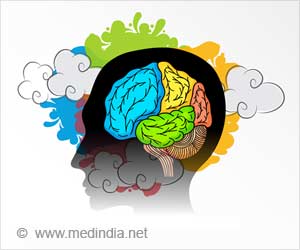A new research in the field of medications prescribed to treat Parkinson’s disease revealed shocking results. After investigation it was found that drugs prescribed to treat Parkinson's disease could turn patients into compulsive gamblers. Scientists at the Food and Drug Administration have found strong association between pathological gambling and the drugs.
Mainly these drugs boost the level of dopamine in the brain. Dopamine is a chemical that is naturally produced in the human body. Its main function is to control movements. Reduction in dopamine level in one’s body causes Parkinson's disease.But the chemical is also associated with addictive behaviors such as drug use and pleasurable experiences such as sex and food. But researchers are looking into the possibility that the drugs used for treating Parkinson's could in some way be linked to some of the patients obsessive pleasures.
But till now no firm links have been established between dopamine enhancers and compulsive gambling. But this has not prevented some people to file lawsuits against drug manufacturers. They have mainly pointed out to various failures in their life such as lost jobs and gambling problems and attributing its cause mainly to this drug. Pharmaceutical firms such as Germany's Boehringer Ingelheim have toughened warning labels on drugs. But Eli Lilly and Co., another company pointed out to the increasing number of gambling problems in Parkinson's patients could be related to more legalized gambling. But the correct reason has to be investigated.







